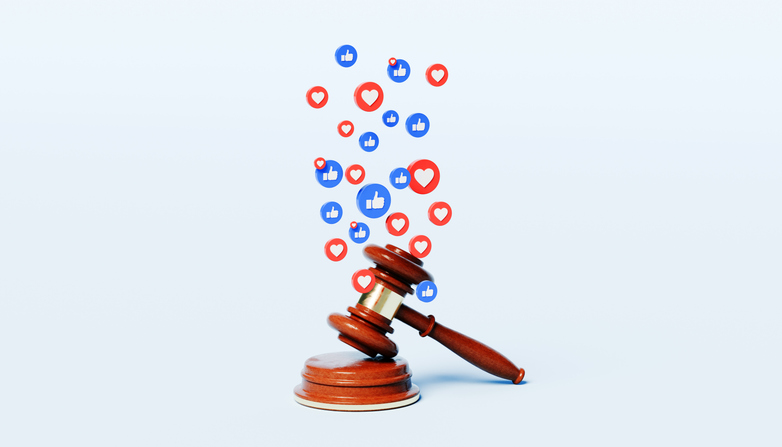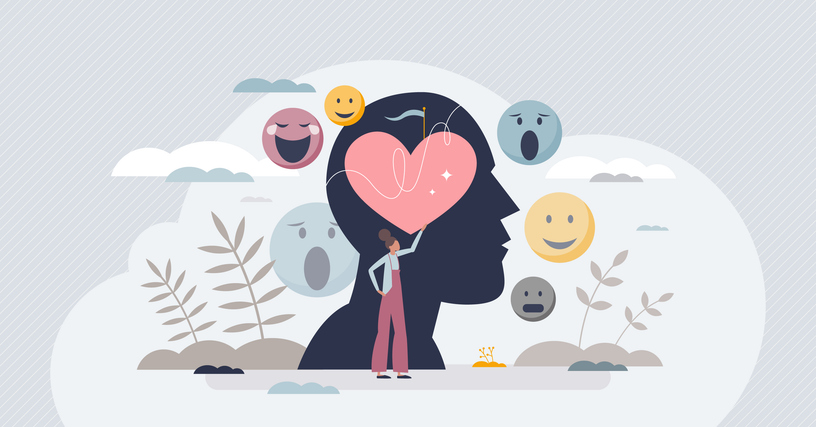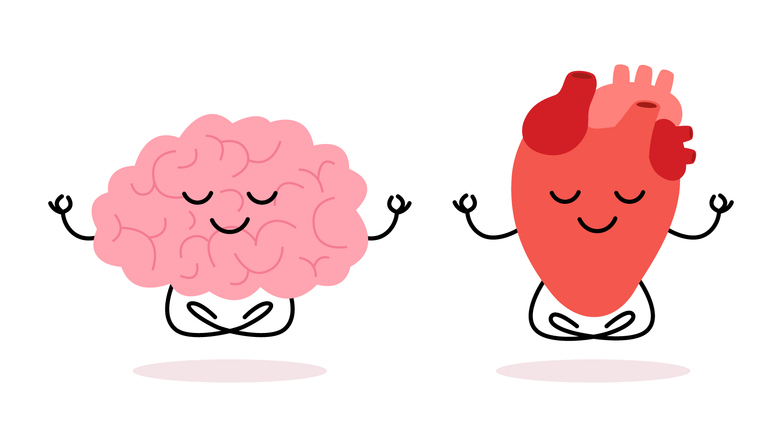Observing Without Judging: A Path to True Wisdom in a Divided World
4 weeks ago | Proactive Health
By Joy Stephenson-Laws, Holistic Coach, J.D., Founder
In today’s world, it can feel almost impossible to stay calm and kind. Every time you scroll through social media, watch the news, or even talk to friends, it seems like people are arguing, taking sides, and labeling each other.
But what if there was a better way to move through all this chaos — a way that made you smarter, calmer, and even healthier?
It starts with understanding the difference between observing and judging.

At first glance, observing and judging might seem similar. Both involve noticing what’s happening around you. But in truth, they are worlds apart.
Observation means you simply notice something as it is, without immediately deciding if it’s good or bad, right or wrong.
Judgment is when you instantly add your personal opinion and label it.
For example, imagine you're at school and someone is wearing a hat supporting a political candidate you don’t like.
If you observe, you simply notice: "They’re wearing a hat supporting that candidate."
If you judge, you might instantly think: "They must be ignorant, mean, or part of the problem."
That extra emotional label — often formed in just a second — is judgment. And it changes everything.
Observation leaves you open. Judgment locks you into fear, anger, or superiority.
Why It Matters in a Divided World
In the current political climate, judgment is everywhere. It divides families, destroys friendships, and even leads to violence.
Scientists have studied this, and the results are clear: constantly judging others and getting caught up in emotional reactions actually hurts your mental health, weakens your relationships, and keeps your brain stuck in stress and fear patterns.
One important study published in Frontiers in Psychology in 2022 found that when people practiced non-judgmental awareness — just noticing their experiences without labeling them — they were less anxious, less depressed, and had better emotional control (Geiger et al., 2022).

Similarly, brain scans from a 2021 study in Psychiatry Research: Neuroimaging showed that when people learned to observe without judging, activity decreased in the amygdala — the brain’s fear center — and increased in the prefrontal cortex, the area responsible for wise thinking and empathy (Taren et al., 2021).
In other words, observation calms your mind and strengthens your ability to think clearly, while judgment keeps you locked in fear and anger.
A Political Example: Staying Open When You DisagreeIt’s not always easy. We live in a society that teaches us from a young age to make quick judgments: who's popular, who's smart, who's "good" or "bad."
And with politics so intense right now, it’s tempting to label anyone who disagrees with us as stupid, dangerous, or even evil.
But taking a breath, observing instead of judging, opens a door that judgment slams shut.
When you observe someone supporting a political movement you disagree with, you don't have to agree with them. But you can stay curious instead of hateful. You might wonder, "What experiences shaped their views?" or "What fears or hopes are driving them?"
This kind of open-mindedness doesn't make you weak. It actually makes you wiser and stronger.
It gives you the power to respond instead of react. It helps you have real conversations instead of shouting matches. And it protects your heart from becoming bitter.
What Happens in Your Brain When You Observe, Not Judge
Mindfulness researchers have even found that practicing non-judgmental observation changes the structure of the brain itself.
A 2023 study published in NeuroImage suggested that people who practiced observing without judging grew thicker brain areas involved in focus, compassion, and emotional control (Holzel et al., 2023).
Not only does observing help you feel better emotionally, but it may also help your brain stay healthier for the long run.
And there's a physical benefit too: studies like one in Psychoneuroendocrinology have shown that people who practice mindful observation (without judging themselves or others) have lower levels of stress-related inflammation in their bodies (Shields et al., 2021).
In short, judgment creates inner tension and stress. Observation creates peace — both in your mind and in your body.
How You Can Begin Observing Today
Practicing observation instead of judgment doesn't require anything fancy.
It starts with small, simple moments.
When you notice yourself getting annoyed at someone's opinion, appearance, or behavior, take a breath.
Ask yourself:
"Am I seeing what’s really happening, or am I adding my own story to it?"
If you can pause and simply notice — without labeling, blaming, or assuming — you’re observing.
It might feel strange at first. We’re so used to snapping to judgment.
But the more you practice, the easier it becomes.
And over time, you’ll notice something beautiful:
You’ll feel calmer, more connected to others, and more in control of your own mind and heart.
The Bigger Picture: Why Observation Matters
At its heart, observing without judging is an act of kindness.
It’s choosing understanding over anger, peace over stress, wisdom over impulse.

In a divided world, this isn’t just nice — it’s essential.
If more people learned to observe instead of judge, we wouldn’t just have fewer arguments.
We’d have a world with more listening, more learning, and more genuine connection.
And it can start with you.
Disclaimer: This article is not intended to provide medical advice. Please consult with your doctor or another competent healthcare practitioner to get specific medical advice for your situation.
The pH professional health care team includes recognized experts from a variety of health care and related disciplines, including physicians, attorneys, nutritionists, nurses, and certified fitness instructors. This team also includes the members of the pH Medical Advisory Board, which constantly monitors all pH programs, products, and services. To learn more about the pH Medical Advisory Board, click here.







